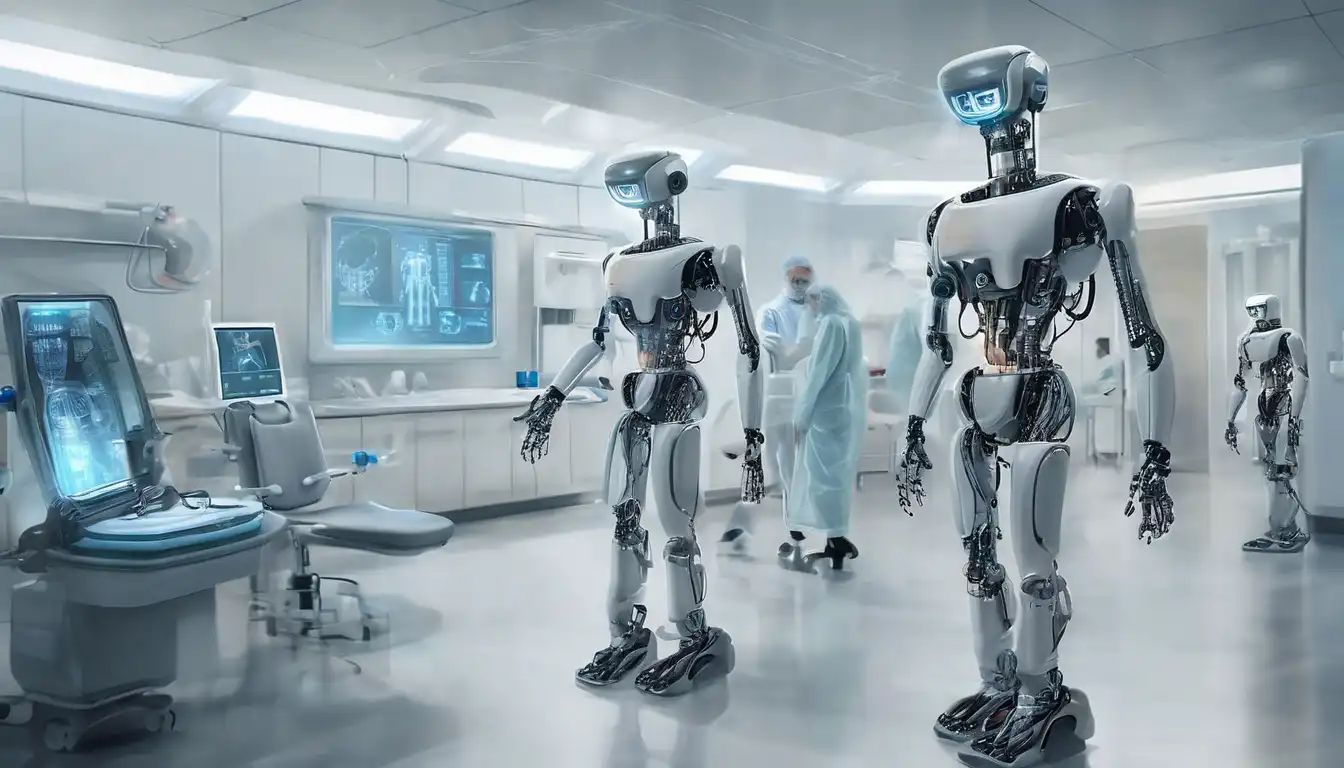The Next Era of Robotics in Healthcare
The integration of robotics into healthcare is transforming patient care, surgical procedures, and rehabilitation processes. This technological advancement is not just a glimpse into the future; it's a present reality that's reshaping the healthcare industry. From robotic surgery to automated patient monitoring systems, the potential for robotics in healthcare is boundless.
Robotic Surgery: Precision and Efficiency
Robotic surgery has become a cornerstone of modern medical procedures, offering unparalleled precision, flexibility, and control. Surgeons can perform complex procedures with minimal invasiveness, reducing patient recovery time and improving outcomes. The da Vinci Surgical System, for example, has revolutionized prostatectomies, hysterectomies, and other surgeries.
Automated Patient Monitoring
Automated patient monitoring systems leverage robotics to provide continuous care, especially in critical care units. These systems can monitor vital signs, administer medication, and even alert healthcare providers to potential issues before they become emergencies. This not only enhances patient safety but also alleviates the workload on healthcare professionals.
Rehabilitation Robotics
Rehabilitation robotics is another area where technology is making significant strides. Devices such as exoskeletons and robotic limbs are helping patients regain mobility after strokes or injuries. These innovations are not only improving quality of life but are also reducing the time needed for recovery.
The Role of AI in Healthcare Robotics
Artificial intelligence (AI) plays a pivotal role in the advancement of healthcare robotics. AI algorithms enable robots to learn from data, improve their functions, and make decisions with minimal human intervention. This synergy between AI and robotics is paving the way for more personalized and efficient patient care.
Challenges and Ethical Considerations
Despite the benefits, the integration of robotics in healthcare comes with its set of challenges. High costs, the need for specialized training, and ethical considerations regarding patient privacy and autonomy are significant hurdles. However, with ongoing research and development, solutions to these challenges are within reach.
Looking Ahead
The future of robotics in healthcare is bright, with ongoing innovations promising to enhance patient care further. As technology evolves, we can expect to see more sophisticated robotic systems that can perform a wider range of medical procedures, offer better patient monitoring, and provide more effective rehabilitation solutions.
For more insights into how technology is transforming healthcare, explore our articles on AI in Healthcare and Innovations in Medical Technology.
